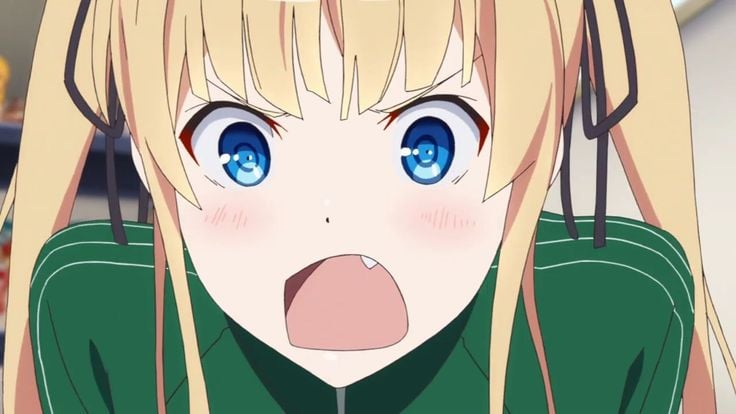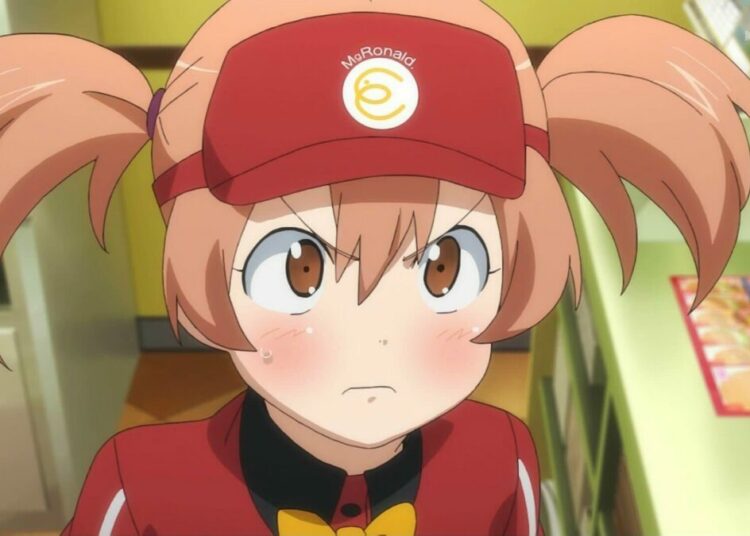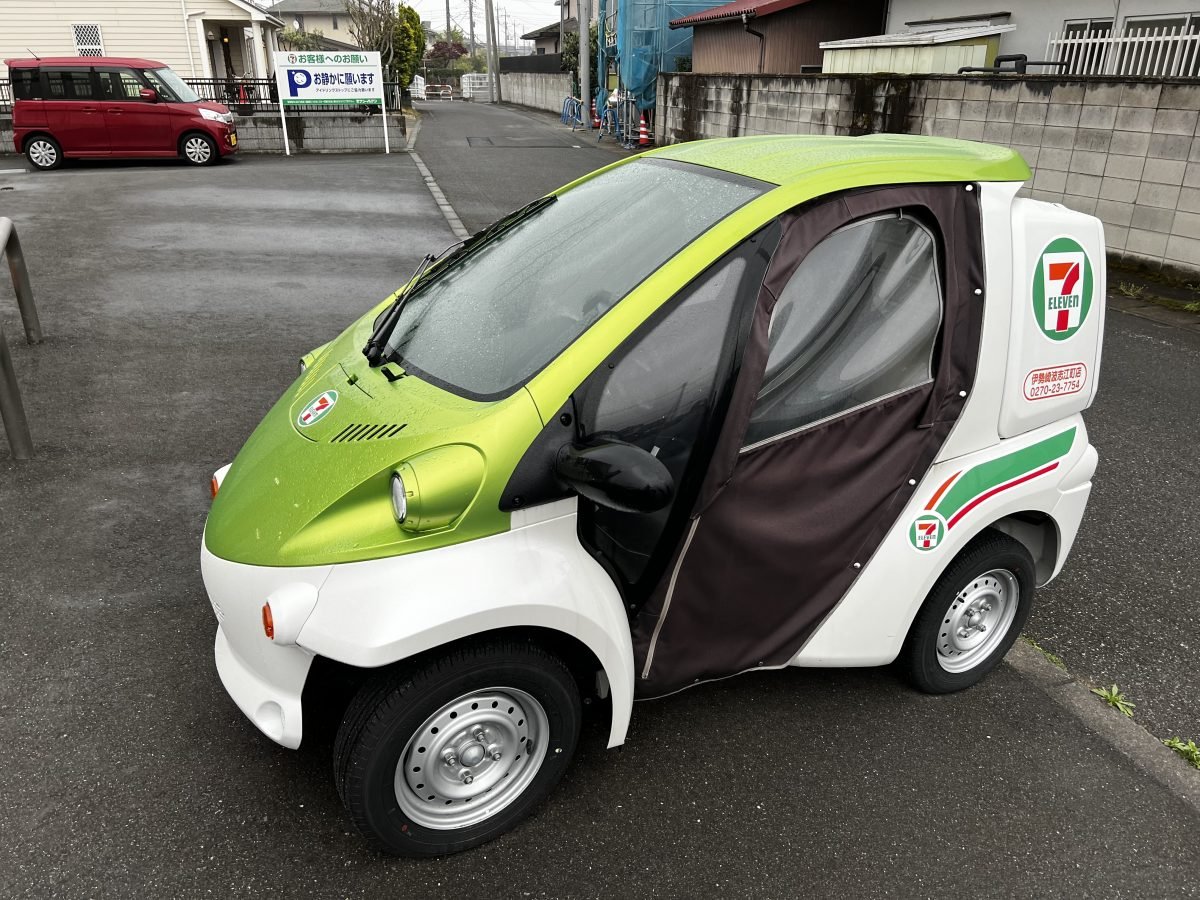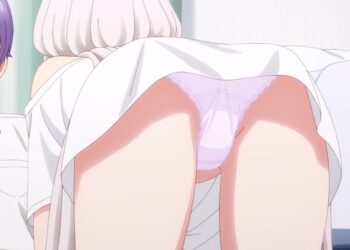You never forget your first impressions of something. Although it was seventeen years ago, I still vividly remember my arrival in Japan, and how strange everything looked to me. Beyond the obvious “my, what a lot of Japanese people there are here!” thoughts that sprang into my mind or thinking that every house was a beautiful temple just because it had ornate kawara roof tiles on it, I remember not being able to take my eyes off the many vending machine I saw all around me, which were so clean and brightly lit. I’d prepared myself for difficulties in using Japanese to communicate, but I didn’t bet on my English coming up short — and yet there seemed to be all kinds of English words that I couldn’t understand, like “fancy shop,” which I now know is a shop that sells cute things like Sanrio toys and stationery; or “viking,” which has come to mean an all-you-can-eat buffet. But just like the Japanese proverb sumeba, miyako translatable as “if you live in a place, it will eventually become like the capital city to you” — or “home is where you hang your hat,” as we gaijin say — people can adapt to anything. Before I knew it, I’d not only gotten used to thinking of my strange life in Japan as “normal,” I’d even experience reverse culture shock when I went back to the States.
No, Japan Is Not Xenophobic. Here’s Why.
Last night I was finishing up my evening social media work when I noticed a phrase was trending on X....
















